We live in a world where toxins are everywhere. We are exposed to environmental toxins in the air we breathe, the water we drink, and the clothes we wear. In fact, a recent study found that on average, a newborn baby's umbilical cord has 287 known toxins. This is alarming and highlights the need for us to take measures to detoxify our bodies. One of the most effective ways to do this is through the use of Glutathione.
Glutathione is a natural antioxidant that is produced by the body. It is considered the "Master" antioxidant due to its powerful detoxifying properties. It is the first line of defense for eliminating toxins from the body. Glutathione is essential for optimal health and well-being.
The Importance of Glutathione in Detoxification
Glutathione plays a crucial role in the body's detoxification process. It works by binding to toxins and other harmful substances, making them easier to eliminate from the body. When there is an excess of toxins in the body, the liver can become overwhelmed, and its ability to detoxify can be compromised. This can lead to a build-up of toxins in the body, which can result in various health issues.
Glutathione helps to counteract the negative effects of toxins by supporting the liver and other organs involved in detoxification. It helps to neutralize harmful substances and promote their elimination from the body. This makes it an essential nutrient for maintaining optimal health and preventing chronic diseases.
How Glutathione Works
Glutathione is a tripeptide made up of three amino acids: cysteine, glycine, and glutamic acid. It is found in high concentrations in the liver, where it plays a vital role in detoxification. Glutathione works by neutralizing harmful substances in the body, such as heavy metals, pesticides, and other toxins. It does this by binding to these substances and making them water-soluble, which makes them easier to eliminate from the body.
Glutathione also plays a crucial role in protecting the body against oxidative stress. Oxidative stress occurs when there is an imbalance between free radicals and antioxidants in the body. Free radicals are unstable molecules that can damage cells and contribute to various health issues, including cancer, heart disease, and aging. Antioxidants, such as glutathione, neutralize free radicals and protect the body against their harmful effects.
How to Boost Glutathione Levels
While the body produces its own glutathione, there are things we can do to support its production and increase its levels in the body. Some of the ways to boost glutathione levels include:
-
Eating a healthy diet: A diet that is rich in fruits and vegetables, whole grains, and lean protein can help support the body's natural production of glutathione.
-
Taking glutathione supplements: Glutathione supplements are available in various forms, including capsules, powders, and injections. These supplements can help increase glutathione levels in the body.
-
Engaging in regular exercise: Exercise has been shown to increase glutathione levels in the body. This is because exercise promotes the production of antioxidant enzymes that support glutathione production.
-
Reducing stress: Chronic stress can deplete glutathione levels in the body. Engaging in stress-reducing activities, such as meditation and yoga, can help support glutathione production.
The Bottom Line
In conclusion, we live in an increasingly toxic environment, and our bodies are constantly exposed to harmful toxins. Glutathione is an essential nutrient that plays a crucial role in the body's detoxification process. It is the body's first line of defense for eliminating toxins and promoting optimal health. By supporting glut
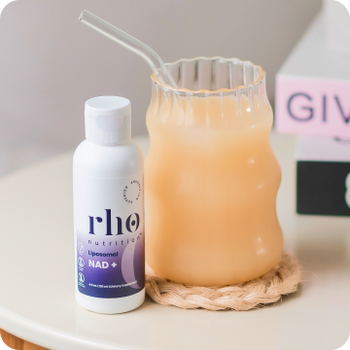

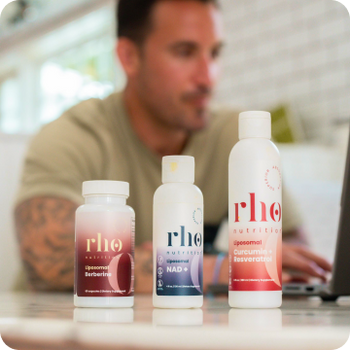
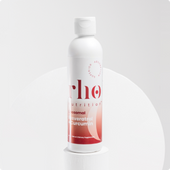
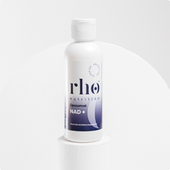


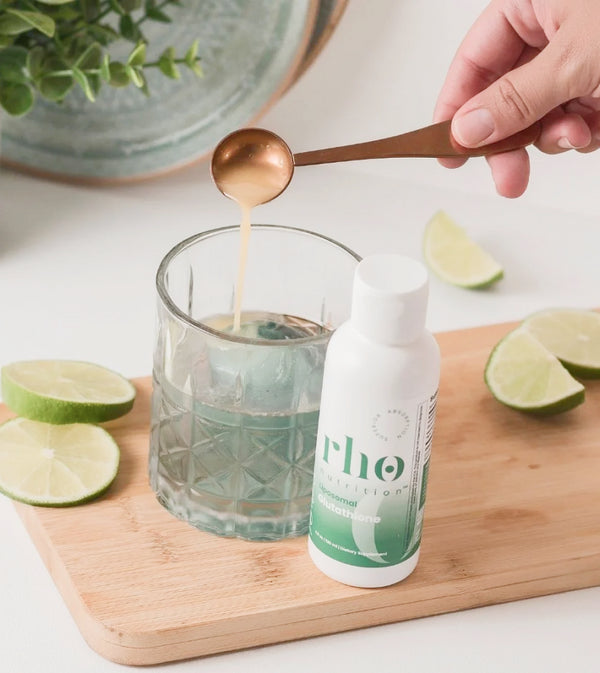





Leave a comment